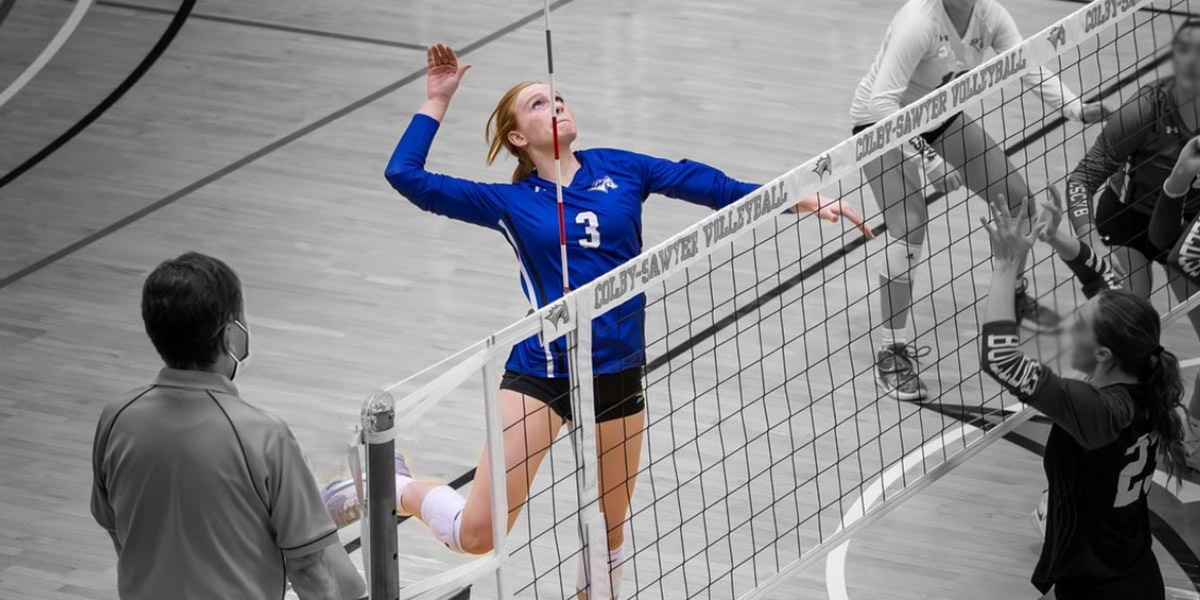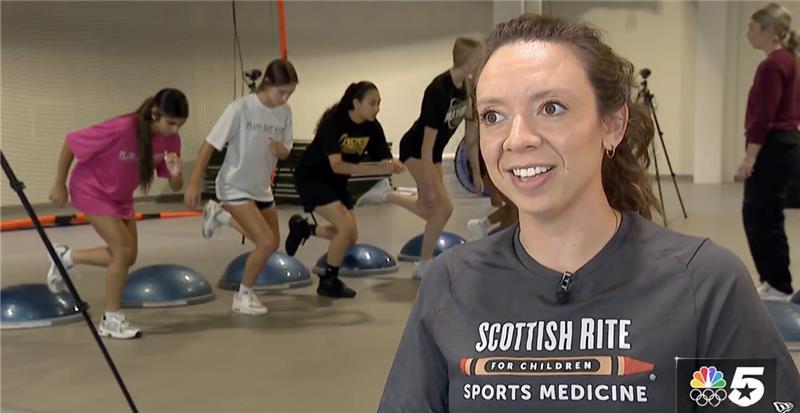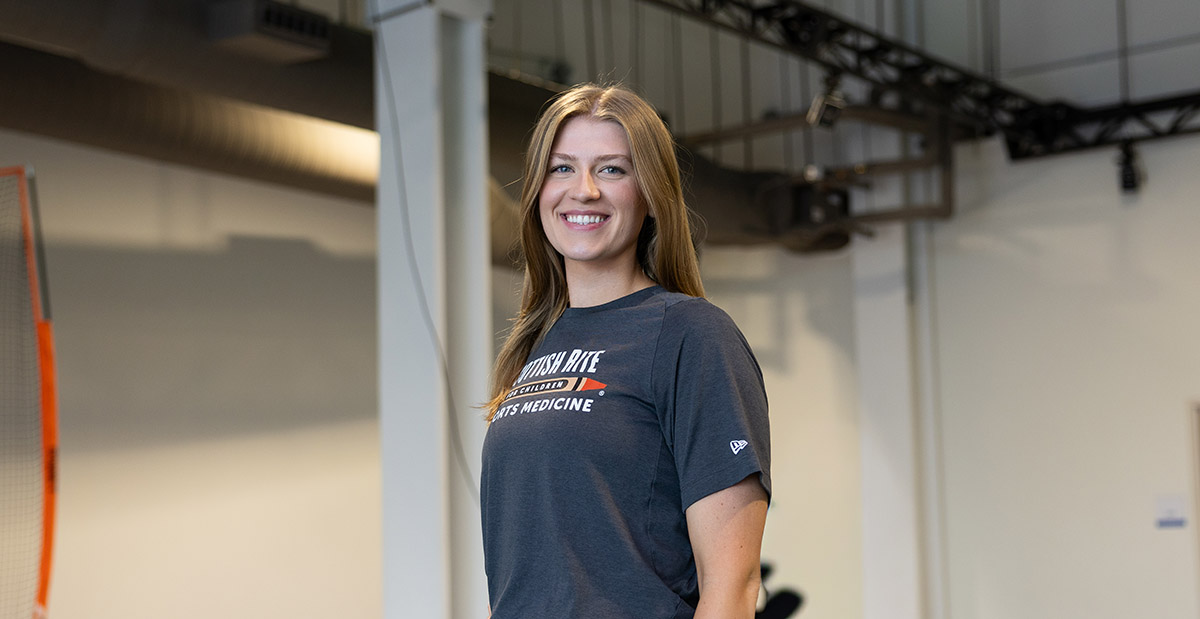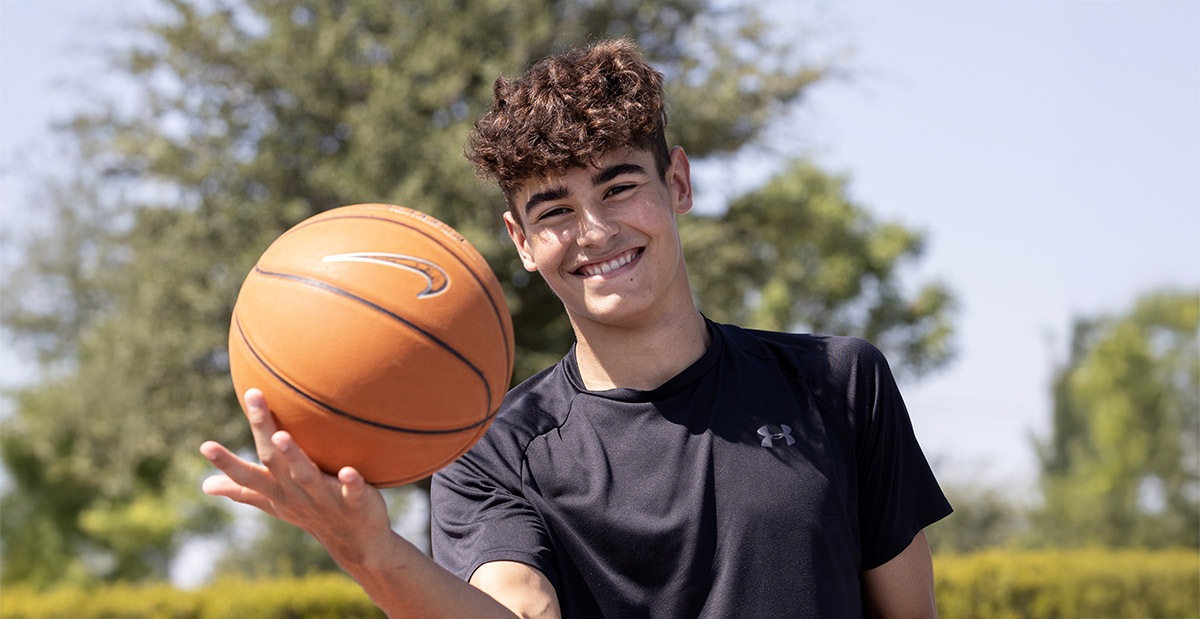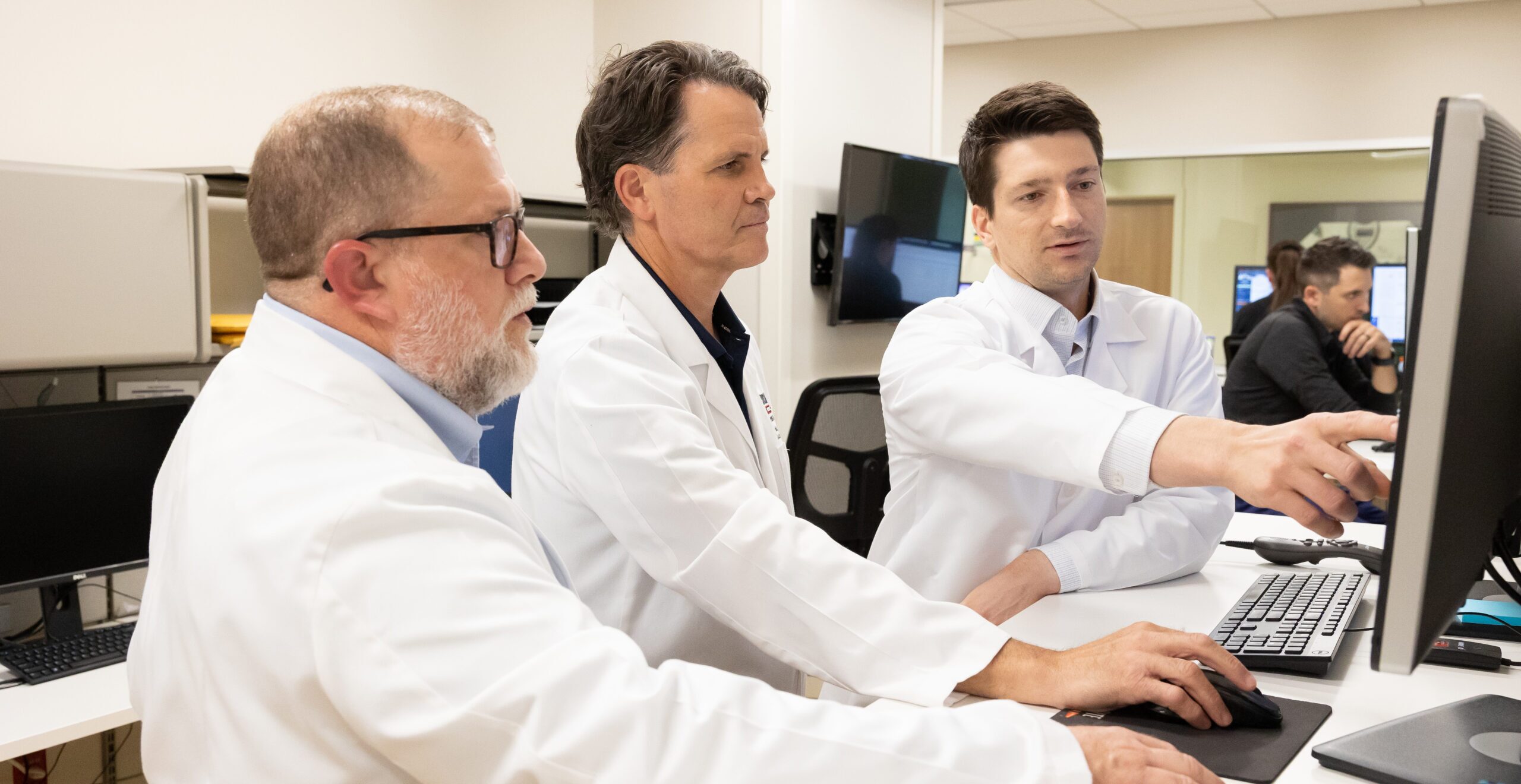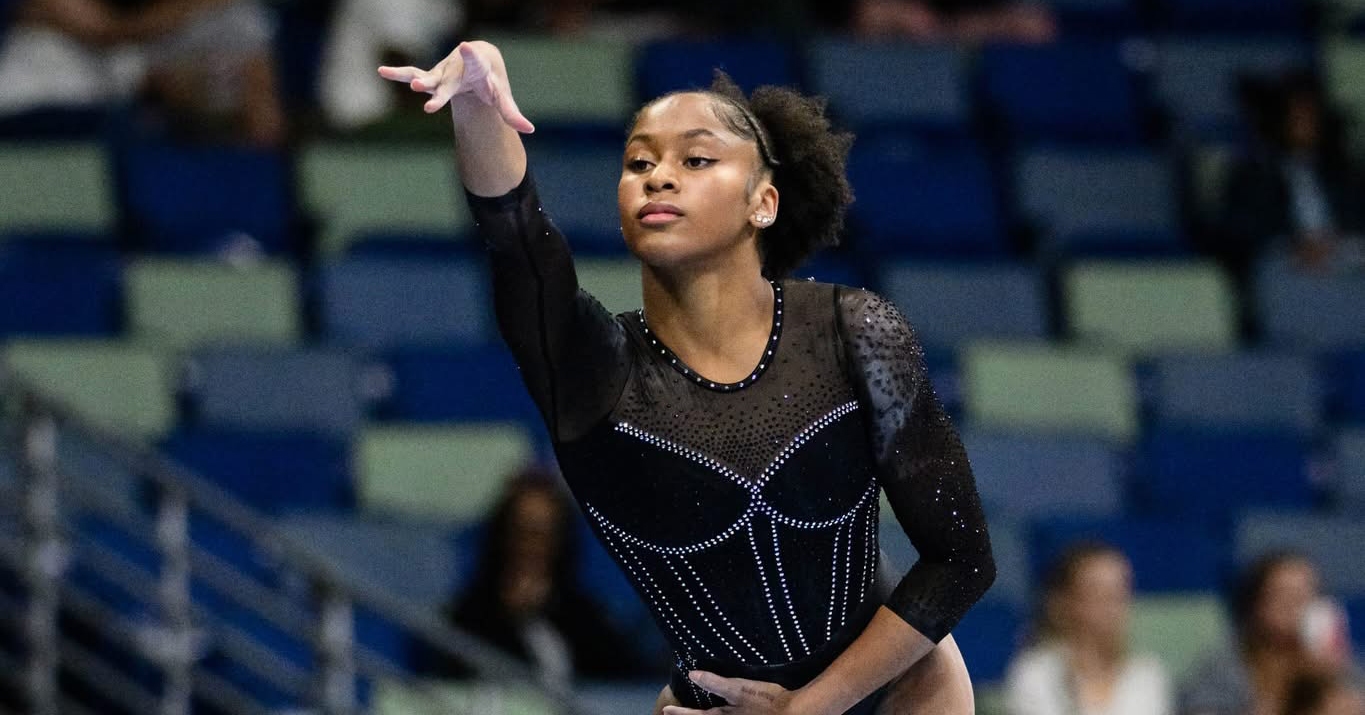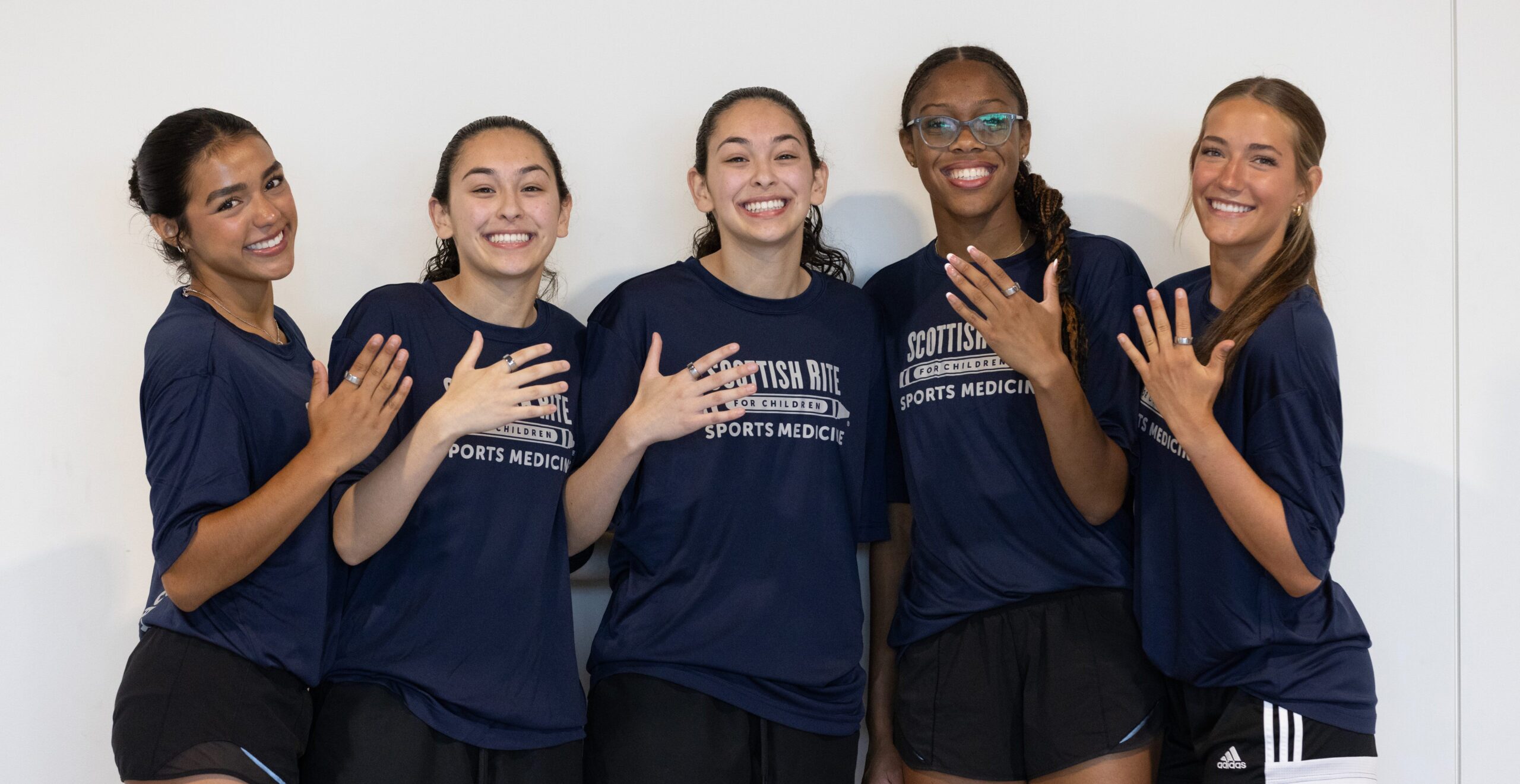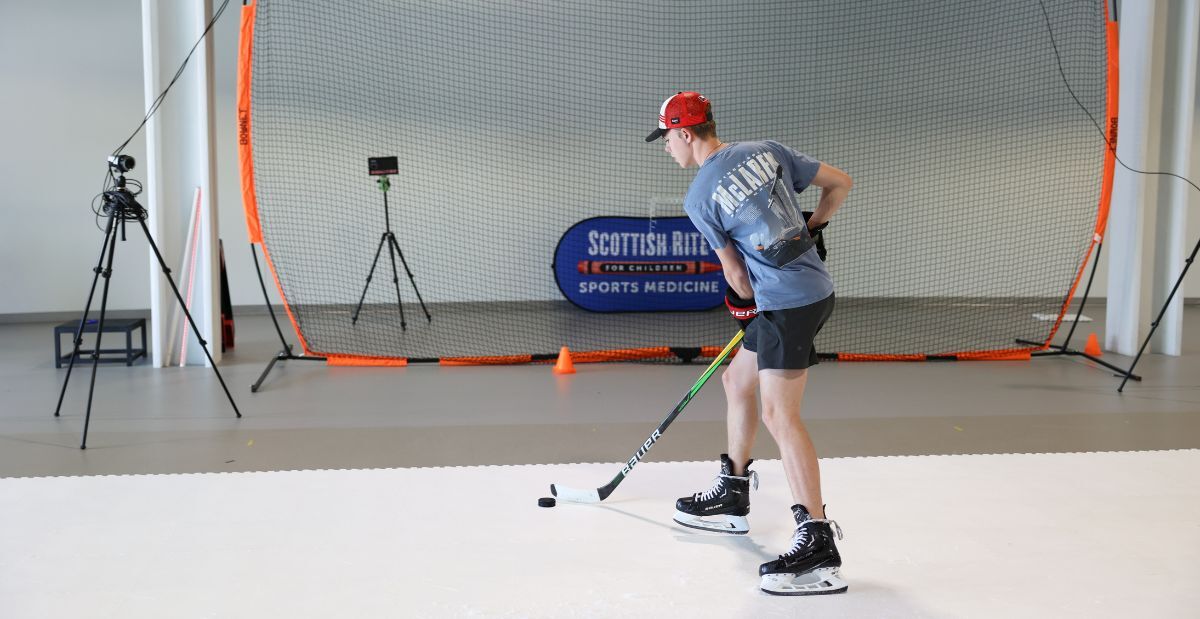Concussions
Sport-Related Concussions
A concussion is a brain injury that disrupts normal brain function. The usual cause is a sudden blow to the head or body that shakes the brain, damages cells and creates chemical changes. Concussions are quite common. Most athletes who suffer a sport-related concussion do not lose consciousness or experience memory loss.
Full recovery from a concussion before returning to sports can reduce the recovery time. Studies have also shown that returning to play too soon can leave an athlete at a higher risk of another concussion or other bone and joint injuries.
Learn how to recognize and respond to signs and symptoms of a concussion below and download this sport-related concussion guide to reference later.
(English / Spanish)
ABOUT SPORT-RELATED CONCUSSIONS
Recognizing a Concussion
As many as 40% of young athletes continue to play in a game or practice after sustaining a concussion. Some report this is because they were not experiencing symptoms at the time and did not recognize they were injured. Others chose to continue to play because they were not fully aware of the risks, including a longer recovery time. Therefore, observing an athlete for signs and symptoms of a concussion during practice or games is very important. Players, coaches and parents should speak up and remove the athlete from play when a concussion is suspected.
Some signs and symptoms following a head injury are especially concerning. Seek medical attention immediately at the nearest emergency department if any of the following occur:
- Severe or worsening headache
- Increasing confusion
- Extreme sleepiness or trouble waking up
- Vomiting
- Seizures (convulsions - arms and legs jerk uncontrollably)
- Weak or numb arms or legs
- Slurred speech
- Any other sudden change in thinking or behavior
Signs of a concussion are observed by others and include:
- Appearing dazed or stunned
- Confusion
- Forgetting plays
- Being unsure of game, score or opponent
- Exhibiting unsteadiness
- Moving clumsily
- Answering questions slowly
- Losing consciousness (getting knocked out)
- Memory loss
- Being more sleepy or tired than usual
- Seeming sad, nervous or anxious
- Being irritable, easily frustrated or upset
- Having problems with academic performance
- Slow to get up after a fall, collision or blow to the head
- Clutching the head after an injury
- Sleep problems
Concussion symptoms are felt by the athlete and include:
- Headaches
- Concentration or memory problems
- Nausea
- Balance problems or dizziness
- Double or blurred vision
- Feelings of being “in a fog” or slowed down
- Sensitivity to light or noise
- Confusion
- Just “not feeling right” or “feeling down”
How Is a Concussion Diagnosed and Treated?
There is no specific test to diagnose a concussion. If there is concern for other problems like a skull fracture or bleeding in the brain, an imaging study, such as a CT scan, may be ordered. These are usually not required and do not show if an athlete has had a concussion. A history and physical examination, along with the patient and family’s report of signs and symptoms, along with tests to assess balance, eye movements, memory, reaction time, etc., are utilized to diagnose a concussion and determine the best treatment for the athlete.
Concussion treatment plans are individualized based on the signs and symptoms experienced by the athlete and the results of testing performed during the evaluation. Every injury is different, so there is no single treatment approach that is best for every patient.
Sport-related concussion treatment options may include:
- Activity modification to limit exacerbation of symptoms. Release to begin progression back to activity should not be delayed longer than necessary.
- Home program or physical therapy to address symptoms such as neck pain, vestibular changes and balance problems.
- Medications may be prescribed to help with sleep disturbances or other symptoms.
- Sports neurology referral for headaches or other neurological symptoms.
We find that young athletes take longer to recover after treatment, even if they follow recommendations. For some, symptoms may last for months. Our goal with concussion treatment and management is to get an athlete back to school and daily function as efficiently as possible. Then, we begin return to sport protocols.
Computerized Neurocognitive Testing
This is a collection of computerized tests used to to assess the cognitive function of the athlete’s brain when evaluating for a sport-related concussion. Our team uses ImPACT™, an online neurocognitive test that measures the ability to perform certain tasks, such as memory and reaction time.
If a baseline test is available, our trained staff, including several Credentialed ImPACT Consultants (CIC), can analyze the results. Comparing the post-injury scores to the baseline test helps the provider develop an individualized plan for the athlete.
Baseline Testing
Neurocognitive baseline tests are typically done on a computer or one-on-one with a psychologist and evaluate how the brain performs skills we can’t see such as remembering, solving problems, reacting quickly and paying attention. All of these are particularly important to young athletes, both in school and on the field. After a concussion, performance on these tasks is worse than at baseline.
Athletes 5 years of age and older without a recent history of a head injury can take a baseline test, used for future reference (ages 5-12 will be given ImPACT Pediatric). For athletes with a recent head injury, we recommend making an appointment with one of our sports medicine physicians before scheduling a baseline test. Call 469-515-7100 to schedule an appointment for an injury assessment or baseline testing.
Baseline testing is not covered by most insurance plans. A $24 credit card payment is required at check-in. Before starting the test, our staff will ask a few questions about the athlete’s history; however, there will be no physical examination or discussion with a physician. If necessary, only one caregiver may remain in the room with the athlete during the test to allow the athlete to concentrate and for optimal test performance. Testing lasts approximately 45 minutes.
Results are provided upon request. Call 469-515-7100 to request a unique code (Passport ID) for another Credentialed ImPACT Consultant to access the results.
Protocol for Determining Return to Activity
Concussion protocols are typically designed as a one-week return-to-play progression. This is often misinterpreted as the answer to “how long does a concussion last?” The protocol insists that the five-day to seven-day progression begins and only continues when the athlete is symptom free. In college athletes and adults, a week or two is typical. We find that young athletes take longer to recover, even if they are following recommendations. For some, symptoms may last for months. Our goal with treatment and management of concussions is to get an athlete back to school and daily function as efficiently as possible. Then, we begin return to play protocols.
Return to School
If available, a school nurse or athletic trainer should be involved to help with the safe return to school protocol. Nurses and athletic trainers often have additional training in the management of concussions and may consider these accommodations for a student athlete:
- Reduce homework and class work.
- Postpone tests until the student has recovered.
- Provide alternative activities for the athlete for taking notes during class, watching videos, being in a loud environment (lunchroom or gymnasium), or participating in physical activity (PE, athletics, recess).
- Allow frequent breaks in the nurse’s office or alternating a class with a rest period.
- Facilitate visits to the nurse’s office for worsening symptoms during classes.
Return to Play
Clearance by a health professional is strongly recommended and is sometimes required by law, the school or an organizational concussion protocol. Returning to play before complete recovery from a concussion puts the athlete at risk for a more serious injury, permanent brain damage and even death, from another injury known as Second Impact Syndrome.
When the athlete has returned to everyday and school-related activities and has no symptoms, make an appointment for an evaluation and sports clearance. For patients with severe or persistent symptoms, a referral to a sports medicine specialist may be helpful.
Return to Play Guidelines
Once the athlete is completely symptom free, and has been cleared by a health care professional, they may begin a progressive return to play protocol. A symptom-free period of 24 hours is required before moving on to the next stage. If symptoms occur during or after activity, the athlete should stop and consult with their health care provider.
Remember, the athlete MUST BE symptom free:
- With daily activities and schoolwork (including tests) to begin the protocol
- During/after exercise to progress to next stage
Return to Sports Progression
- Light aerobic exercise with no resistance, e.g. riding a stationary bike or light jogging for 10-15 minutes
- Sport-specific activity, e.g. running drill for 20-30 minutes with increased exertion
- Non-contact training drills with resistance training, e.g. ball handling or passing drills
- Full contact practice (must have physician clearance), e.g. scrimmage and game-like training drills
- Competitive game play
Concussion Management and Prevention Research
Following the rules is the best way to prevent a concussion. Some studies show that wearing appropriate protective gear, and improved core and neck strength may contribute to a lower risk of injury. Though we do not have strong evidence of how to prevent a concussion, we are confident that recognizing a concussion immediately and responding appropriately will reduce the risk of further injury and decrease concussion recovery time.
Research on sport-related concussion at Scottish Rite is helping with understanding what makes symptoms last longer for some athletes.
- Concussion symptoms are worse and last longer when an athlete continues to play on the same day as their injury
- Soccer players are more likely to continue to play on the same day, with female soccer players continuing play more often
- Poor sleep is connected to worse concussion symptoms and longer concussion recovery time
- Anxiety symptoms following a sport-related concussion lead to more time before returning to play
- In female athletes, delayed presentation to the clinic is associated with longer clearance time to return to play following a sport-related concussion, so it is important to be evaluated soon after the injury
Learn more about our Sports Medicine Research.
Bridge Program and Training Classes
Young athletes cleared from therapy but not quite ready to get back to sport should check out our Bridge Program. Get ready to return safely to sports with our team of strength and conditioning coaches in Frisco. Additionally, our coaches offer a variety of performance courses to help improve muscle strength and movement quality and help prevent future injuries.
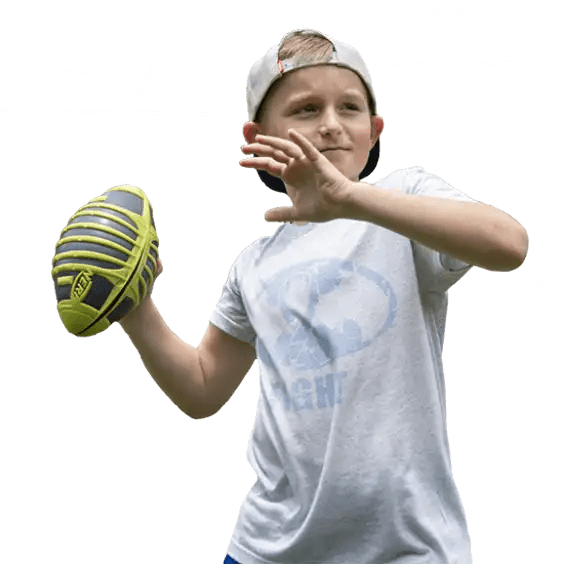
Latest news: concussions
Podcast: Balancing Training, Growth and Play
Sports medicine orthopedic surgeon John E. Arvesen, M.D., was invited to share his expertise on the right way to support a young athlete without pushing too hard on the Heaven or Heisman…
Kamryn Serves A Comeback After Knee Injury
Kamryn spends most of her time on the volleyball court, a sport she has loved since high school. She makes an impact at the net as a server for her college’s volleyball…
NBC 5: ACL Injuries Among Girls Are on the Rise
Movement science researchers at Scottish Rite for Children received a $1 million grant from Lyda Hill Philanthropies to fund, in part, a project that will tackle why teen girls tear their anterior…
Get to Know Our Staff: Ava Davis, Movement Science Lab
What is your job title/your role at Scottish Rite?I am a biomechanist for the Movement Science Lab (MSL) in Frisco. I help with a range of things, like collecting data, analyzing data,…
Noah Dunks on Osteochondritis Dissecans of the Knee
Cover story previously published in Rite Up, 2025 – Issue 3. by Kristi Shewmaker It happened after school. At an innocent game of touch football, Noah was tackled from behind. He never…
CBS Texas: How the Culture of Youth Sports Is Changing and Becoming More Accepting
A recent CBS Texas report explored how the culture of youth sports is shifting to prioritize fun, balance and emotional well-being over pressure and competition. Director of Medical Sports Medicine, Shane M.…
Frisco Style: When the Game Gets Too Big
By Monica Wallis In cities like Frisco, where the population has surged by over 77% in the last decade and sports are stitched into the community’s identity, the growth of youth athletics…
Scottish Rite for Children Announces World Champion Gymnast Skye Blakely as Its Health Care Ambassador
Scottish Rite for Children proudly welcomes Frisco’s own Skye Blakely, world champion gymnast and former patient, as its newest ambassador. Blakely will use her journey as an elite athlete to help spotlight…
Lyda Hill Philanthropies Awards Scottish Rite for Children $1 Million to Study ACL Injury Prevention in Young Female Athletes
Groundbreaking studies will address the ACL epidemic in active adolescent females by using movement science Movement science researchers at Scottish Rite for Children have received a $1 million grant from Lyda Hill…
WFAA: Movement Science Lab Uses Tech to Prevent Sports Injuries
The Movement Science Lab at Scottish Rite for Children is using advanced markerless, 3D motion capture technology to help prevent sports injuries in young athletes. Led by Division Director Sophia Ulman, Ph.D.,…




